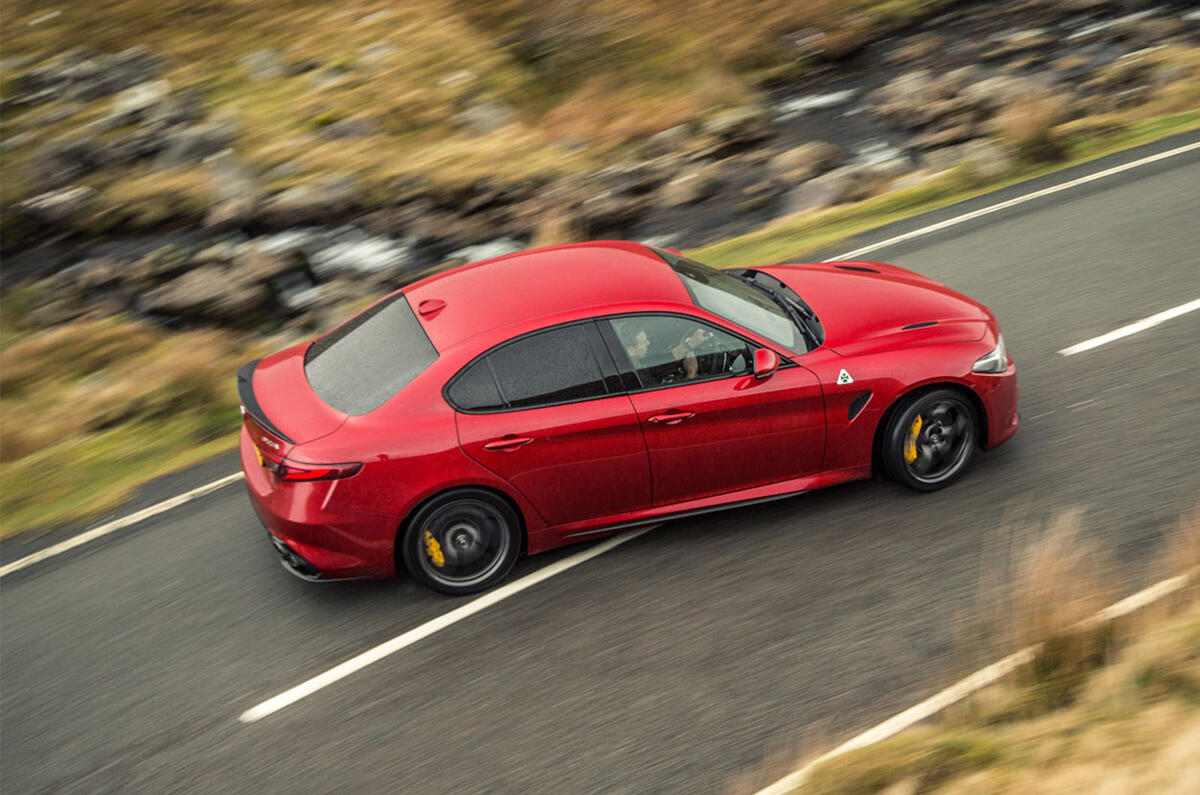Nobody expected the £40 billion FCA and PSA merger to be simple, but tensions are rising as the long engagement moves towards marriage in 2021, compounded inevitably by the pandemic, Italian government support to keep FCA afloat in recent months and the clashing-and-sometimes-competing interests of stakeholders.
Even before the madness of Covid-19, the proposed merger was the subject of deep scrutiny, spearheaded by concerns that the new entity would take too much of the market. Surprisingly, however, the European Union’s attention has now fallen not on the prospect of forging what would be the world’s fourth-largest car maker by volume, but on its potential grip on the commercial vehicle market.
Car-mad readers might raise an eyebrow at that, but FCA and PSA sold 775,000 trucks and vans between them last year, equating to a 34% stronghold on a market that’s increasingly competitive and, thanks to the gig economy and door-delivery boom, lucrative.
A few years ago, we heard that Ford of Europe’s only profitable vehicles were “SUVs and vans”. The dials have since moved, but there’s still a truth to that – so much so that a significant part of PSA’s turnaround in recent years was funded by commercial vehicles. Cutting off the arm that builds them to satisfy competition watchdogs is thus deeply unappealing.
Nor is it the end of it. The devil in the detail extends from PSA having to offload its stake in parts supplier Faurecia to FCA selling off its Comau robotics business – complexities to overcome still, yet those paled into insignificance by the threat of a voice piping up from the back of the room just as the nuptials are being agreed.
The metaphorical jilted lover comes in the form of FCA shareholders who are expecting a £5bn dividend once the merger is done. All fair enough, given the value exchange, but there are growing doubts as to how it will be paid – especially as the optics of making a few people very rich are spectacularly awkward when Italian taxpayers have just given £5.7bn to FCA as part of that government-approved bailout.
One way out is to offload assets to raise the funds, so that the company is seen to pay its way. Could it be that the mega-merger of the decade, conceived to give all parties strength in depth into the future, could instead lead to arguably the car industry’s two biggest underachievers, Alfa Romeo and Maserati, being sold off? And who’s to say that, if they find a benevolent owner and finally have their potential tapped, they won’t be the biggest winners of the merry-go-round anyway?
READ MORE




Join the debate
TStag
JLR badly needs volume for
JLR badly needs volume for Jaguar. Buying Alfa could be part of the solution
Add your comment